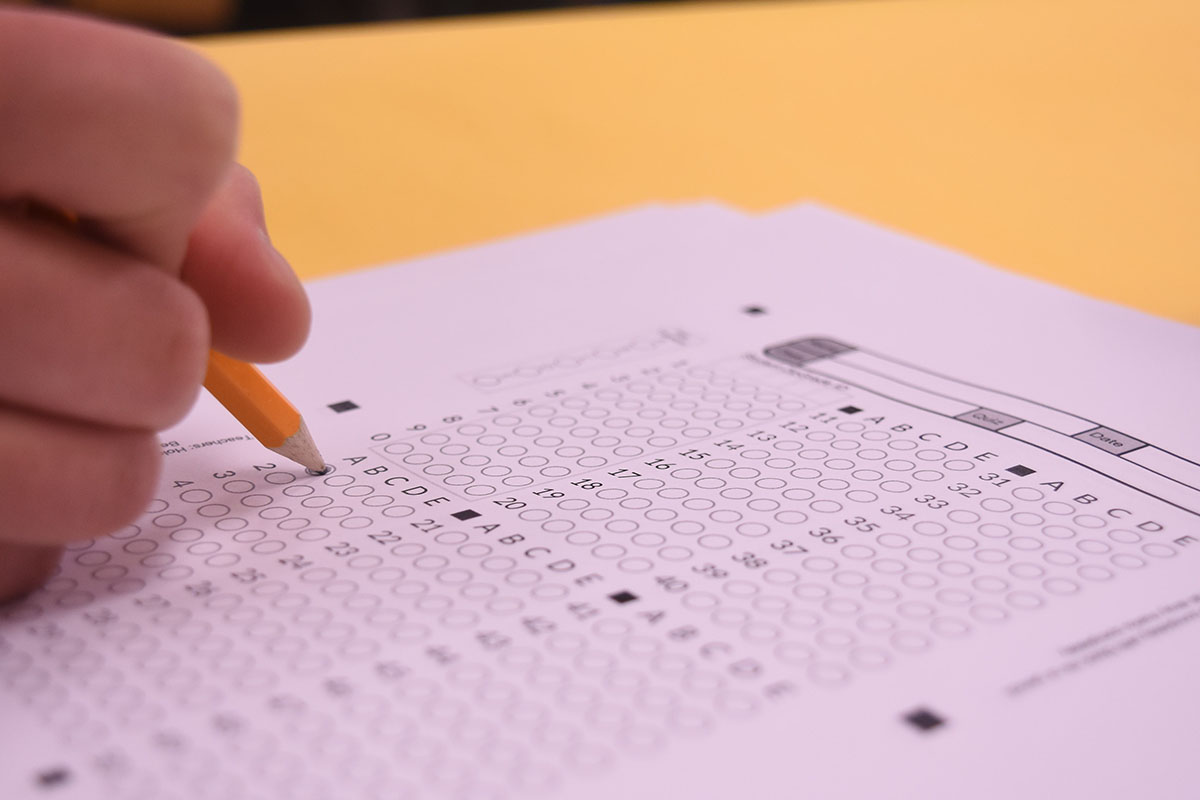WIth the boredom that washes over students during class, the ease and urge of accessing social media websites, such as Twitter and Facebook, is strong and compelling. With AP student’s access to Ipads and virtually every student having a personal smartphone the only thing stopping students from browsing freely was the restriction placed by administrators.
Now, with a bit of technological knowledge and a rule-breaking attitude, students can manage to circumvent such restrictions and freely browse memes.
A key method utilized by students is using a Virtual Private Network (VPN) to mask their activities. Vocational computer programming teacher at the Columbia Area Career Center (CACC), Charles Graham, describes a VPN as an “outwardly accessible island.”
“All machines that are connected to the Internet are essentially part of the Internet in some fashion,” Graham said. “A VPN is a private zone that has a ‘door’ to the Internet in general. This allows a user from home or the coffee shop etc. to go from their current network to a private arrangement. These connections are typically secured so that data transfer are safe from the stance of the VPN.”
With smartphone apps such HotSpotVPN, cheating the system has become remarkably easy. By enabling the app with a simple slide, students have free unlimited access to any websites all while using the school’s provided internet.
Director of Technology Services for CPS, Chris Diggs, said the district knows when students access the proxy servers and work on dismantling the various VPNs used as they come up.
“We have logs that show us what sites students are visiting,” Diggs said. “We can tell when they go to a proxy site. We can provide those logs when requested by a school principal.”
Diggs claims that the blocked programs directly align with the Children’s Internet Protection Act, and therefore need to be kept away from kids.
“[VPNs] allow a connection to another network besides the CPS network. Avoiding our network is against the CPS rules,” Diggs said. “We filter our network and student internet use as directed by the Children’s Internet Protection Act.”
Despite their filtering, many students such as junior Siddhant Chaurasia still use these services, but outside of school. Claiming to do so for educational and security purposes, the 18-year-old made his own.
“The reason I use a VPN is primarily to make sure that the exchange of my data over my network is secured and authenticated,” Chaurasia said.”I want to be safe and with a piece of mind that no one can intercept your data, eavesdrop on my internet activity or trace any email or blog post back to me … whether that’s an airport, hotel hacker or a government censorship.”
Those who use VPNs on school wifi are in direct violation of the student handbook and participate in a level 2 violation, meaning a risk of loss of technological privileges.
Diggs recognizes the value of the Internet and urges students to use it appropriately.
“The Internet, when used appropriately, contains many rich resources for learning,” Diggs said. “It has the ability to enhance teaching and learning when used effectively.”
LATEST NEWS
- RBHS holds successful night of percussion
- Not even water?
- Solar eclipse to pass through Missouri, April 8
- How CPS is organized: a guide
- City of Columbia to hold school board election April 2
- Youth Election Participants to assist in upcoming municipal election
- City of Columbia hosts first Community Engagement Session for McKinney Building, hopes to gain public insight on the structure’s future
- RBHS Track Team Opener at Battle Gallery
- March Mathness Photo Gallery
- RBHS varsity girls’ basketball beats Cor Jesu Academy 60-51 in Final Four






















































































